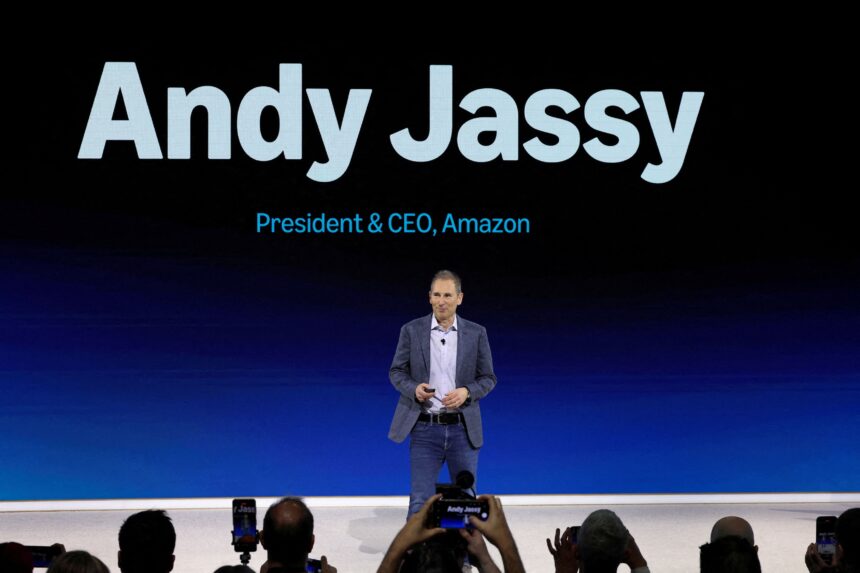Amazon’s top executive delivered a sobering message to employees yesterday: artificial intelligence will eliminate jobs across the company’s sprawling operations, marking a significant shift in how the e-commerce giant plans to structure its workforce in the coming years.
“The AI revolution isn’t just coming—it’s here, and it will fundamentally transform how we operate,” Amazon CEO Andy Jassy told shareholders during the company’s quarterly earnings call. The frank assessment came as Amazon revealed plans to accelerate its AI integration across fulfillment centers, corporate offices, and customer service operations.
The Seattle-based company, which employs over 1.5 million people worldwide, has been quietly expanding its AI capabilities since 2022. Internal documents obtained by CO24 reveal Amazon’s AI systems now handle tasks previously requiring thousands of human workers—from inventory forecasting to content moderation on its marketplace.
“We’ve seen a 37% efficiency improvement in our logistics network through AI optimization,” said Beth Morgan, Amazon’s SVP of Global Operations. “These aren’t experimental programs anymore. They’re core to our business strategy.”
The announcement sent ripples through Amazon’s corporate campus in Seattle, where employees have witnessed several rounds of layoffs since 2023. Software engineer Marcus Chen, who requested his real name be withheld, told me: “There’s definitely anxiety. We’re all wondering which teams will be affected next.”
Industry analysts note Amazon isn’t alone in this transition. The retail and logistics sectors face particular vulnerability to AI automation, with McKinsey estimating up to 30% of tasks could be automated by 2030. What distinguishes Amazon’s approach is the scale and speed of implementation.
Labor advocates criticized the announcement, pointing to Amazon’s history of worker treatment concerns. “When companies frame job elimination as inevitable progress, they’re absolved of responsibility for the human cost,” said Veronica Torres of the Tech Workers Coalition.
Amazon defends its position, highlighting plans to retrain 100,000 employees for AI-adjacent roles. “This isn’t about eliminating our workforce—it’s about evolving it,” Jassy insisted. However, internal projections suggest the company expects net workforce reduction of approximately 18% over three years.
For investors, the news triggered a 3.2% stock jump as markets responded positively to potential cost savings. Amazon estimates AI implementation could reduce operational expenses by $8.7 billion annually by 2026.
As companies across sectors grapple with similar transitions, Amazon’s move represents a watershed moment in how major employers approach AI integration. The question remains whether other corporate giants will follow Amazon’s transparent approach to discussing workforce impacts—or continue to implement similar changes more quietly.
For Amazon’s global workforce, the waiting game begins. Which departments, regions, and job functions will face the deepest cuts remains unclear, leaving hundreds of thousands of employees wondering about their future at one of the world’s most influential companies.
Follow our continuing coverage of tech industry transformations at CO24 Business and breaking developments at CO24 Breaking News.


















